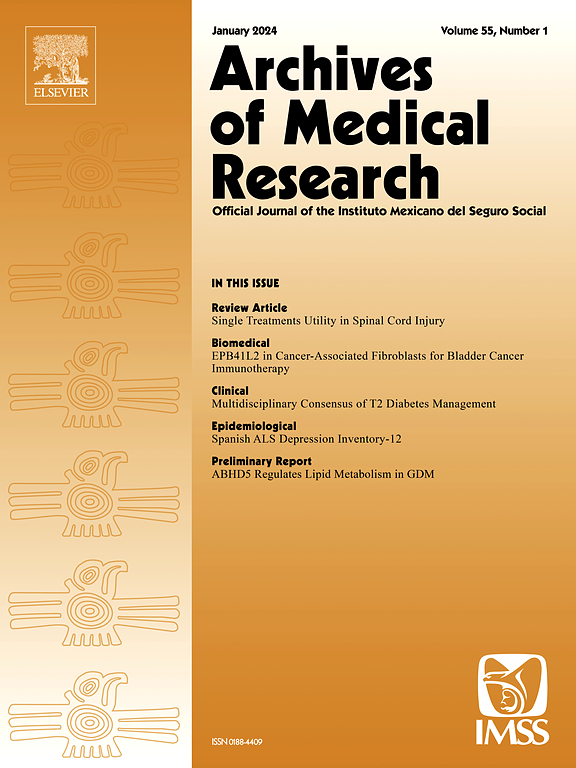COVID-19 in Venezuela: Costs and challenges of management severe cases at home in a crisis setting
IF 4.7
3区 医学
Q1 MEDICINE, RESEARCH & EXPERIMENTAL
引用次数: 0
Abstract
The humanitarian crisis in Venezuela has become an unprecedented regional emergency. Over the past decade, Venezuela's political and economic collapse has eroded the country's healthcare infrastructure and threatened the public health of the population. Shortages of medicines and health supplies, disruptions in basic services, and the emigration of health workers during this humanitarian crisis have affected access to care throughout the country, as well as the capacity of emergency services and outbreak response. During the early waves of the epidemic, COVID-19 collapsed the Venezuelan health system, leaving sentinel centers without inpatient beds and ICU space. Home-based care alternatives quickly emerged, not only for mild to moderate but also for severe and critical COVID-19 cases. Here we discuss the impact of the pandemic on the Venezuelan health system, the emergence of home-based care alternatives for severe and critical COVID-19 cases, as well as their costs and challenges, and finally, their advantages and disadvantages.
委内瑞拉的COVID-19:危机环境下国内重症病例管理的成本和挑战
委内瑞拉的人道主义危机已成为前所未有的区域紧急情况。在过去十年中,委内瑞拉的政治和经济崩溃侵蚀了该国的医疗基础设施,并威胁到民众的公共健康。在这场人道主义危机期间,药品和保健用品短缺、基本服务中断以及保健工作者移徙影响了全国各地获得保健的机会,也影响了紧急服务和应对疫情的能力。在疫情的早期浪潮中,COVID-19使委内瑞拉的卫生系统崩溃,使哨点中心没有住院床位和ICU空间。家庭护理替代方案迅速出现,不仅适用于轻中度病例,也适用于重症和危重症病例。在这里,我们讨论了疫情对委内瑞拉卫生系统的影响,COVID-19重症和危重病例家庭护理替代方案的出现,以及这些替代方案的成本和挑战,最后讨论了它们的优缺点。
本文章由计算机程序翻译,如有差异,请以英文原文为准。
求助全文
约1分钟内获得全文
求助全文
来源期刊

Archives of Medical Research
医学-医学:研究与实验
CiteScore
12.50
自引率
0.00%
发文量
84
审稿时长
28 days
期刊介绍:
Archives of Medical Research serves as a platform for publishing original peer-reviewed medical research, aiming to bridge gaps created by medical specialization. The journal covers three main categories - biomedical, clinical, and epidemiological contributions, along with review articles and preliminary communications. With an international scope, it presents the study of diseases from diverse perspectives, offering the medical community original investigations ranging from molecular biology to clinical epidemiology in a single publication.
 求助内容:
求助内容: 应助结果提醒方式:
应助结果提醒方式:


